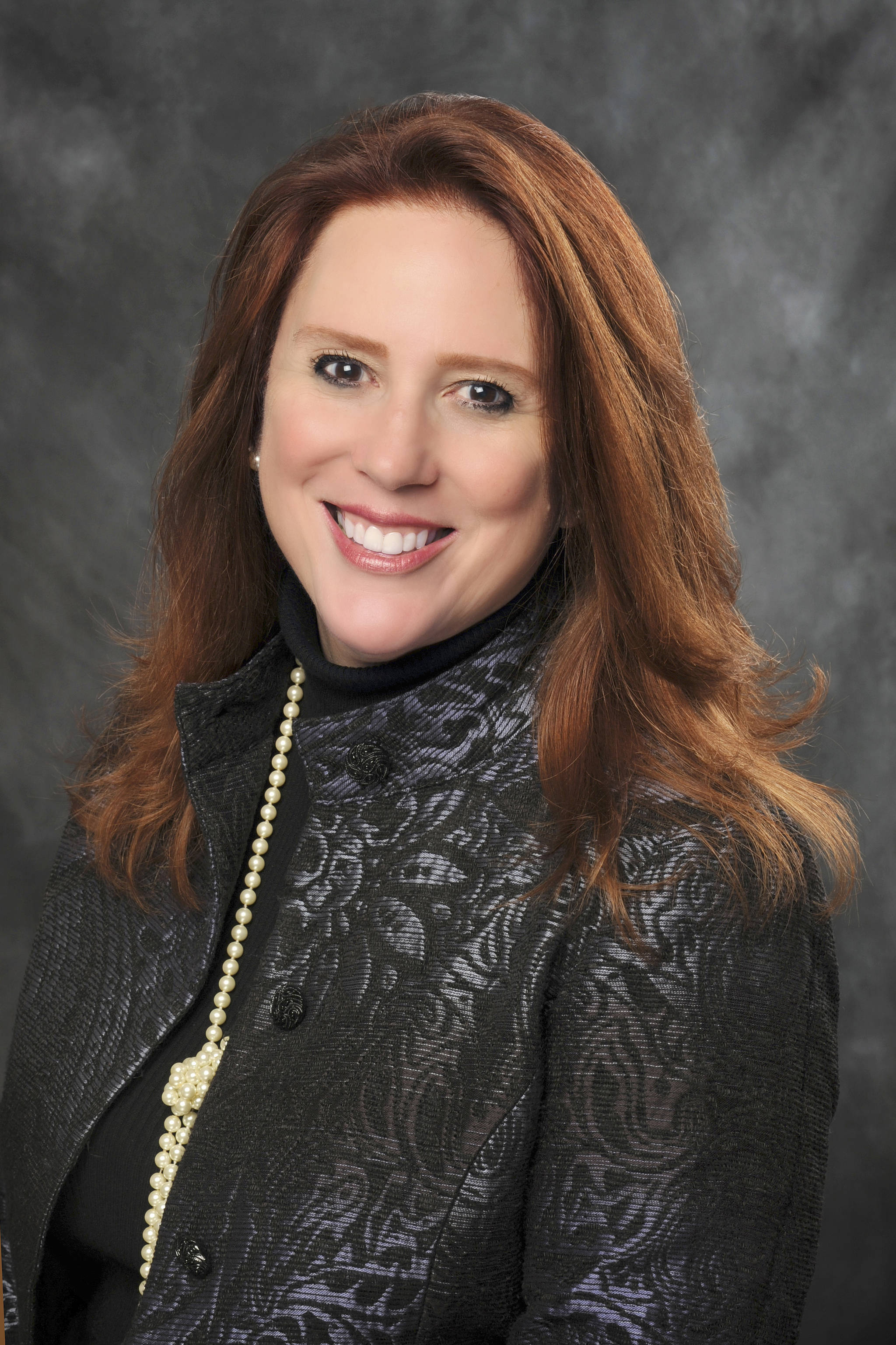Secure elections, increased voter registration and participation, and making the Washington state presidential primary more relevant were among the topics discussed by Secretary of State Kim Wyman when she visited the Daily World in Aberdeen Thursday.
As she prepares her legislative agenda for the session that starts in January, “one of the biggest priorities is moving the presidential primary earlier. I’d like Washington to be relevant, and also would like to see better voter turnout.”
She proposes moving the presidential primary to the second Tuesday after the first Monday in March. That would be the week after Super Tuesday, when about 14 states hold primaries. Wyman said the timing behind the move to the week after is to encourage presidential candidates to consider Washington State a critical campaign stop.
By the time of the 2016 primary, Donald Trump was the only Republican left in the race, although others’ names appeared on the ballot even though they had stopped campaigning. Hillary Clinton won the Democratic vote even though most of the the state’s delegates were committed to Bernie Sanders based on caucuses held in March.
She also wants to increase participation be removing the requirement (for the primary only) that voters declare a party affiliation. “I want to bring back the unaffiliated ballot,” said Wyman. “It’s a relief valve for people who don’t want to state their political preference. It would bring back the ballot with all the candidates and voters can choose whomever they want.”
She’s getting pushback from the political parties and thinks it’s because they feel they are losing control of the process, but is “cautiously optimistic” she can get the Legislature to vote in favor of moving up the Presidential Primary.
Another bit of legislation in the works, which Wyman has been working on since 2016, is automatic voter registration. It would focus on including voter registration when someone gets an enhanced drivers license, which requires that the applicant prove citizenship. “If we can prove citizenship through the enhanced drivers license and prove the other three requirements of voter eligibility, why not register them to vote?”
The legislation has had support off and on from a bipartisan cross-section of the Legislature. Wyman has been working with both sides of the aisle trying to get the legislation across. One sticking point is her proposal to tie automatic voter registration to those receiving social services if they can prove citizenship. She said she has received pushback from some of those agencies.
Another bill favored by Wyman is one that would authorize pre-registration for 17-year-olds.
“Some people are worried the kids are going to get into the system and vote before they’re legally able,” she said about some of the arguments against. She says she’s trying to engage with students before they turn 18 and become eligible to vote.
A recent Tri-City Herald story recounted Wyman’s visit to a Columbia Basin College class, telling students if they don’t vote, they give away their power to someone who does — like her.
“Don’t worry, because I vote every time,” she told the class. “So as long as you believe everything that I believe and think everything that I think, I’ve got your back.
“But if you don’t, then you’ve just given your power to me.”
In her visit to The Daily World, Wyman talked about the well-publicized attempts by someone with a Russian computer IP address to make incursions into the state’s voter database. None were successful and she compared it to a home burglar jiggling the doorknobs looking for entry.
She also pointed out that the two fundamental aspects of the election system — the registration infrastructure and the vote tabulation infrastructure — are separate. And the tabulation aspect of the system is a closed system operated by each of the 39 counties and it is never connected to the internet, meaning hackers don’t have an entry point.
“We never connect tabulation to the internet, it’s a standalone system,” she said. “When numbers are posted on websites a flash drive is used to download the tabulation information. That flash drive is then taken to a web connected computer and downloaded from there, so there is no chance of incursion.”
Wyman’s office and the state’s county auditors are working together to get an integrated voter registration system online by 2019. As of now, many are using different types of programs to check registrations; Wyman said an integrated system will make it easier to make sure voter registrations are up to date and accurate and make it easier to detect potential voter fraud. As for the upcoming November election, “I’m confident we can get through that just fine” with the current system.


